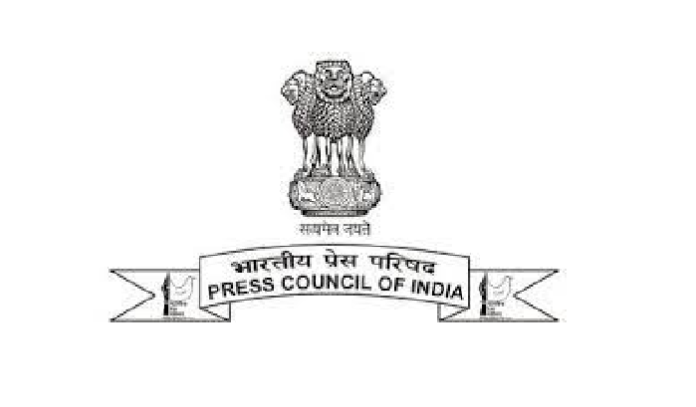The Press Council Act of 1978 created the Press Council of India (PCI). It is the highest body to maintain the standards of the Print Media in India. It is believed to be the most significant body that remains active in a democracy to ensure that freedom of speech is invariably safeguarded.
It serves as the regulator that discharges professional standards for print media in India. The goal of the Press Council of India is to preserve the freedom of the press and to regulate and enhance the standards of the press in India.
Structure of PCI
PCI comprises a Chairman and other 28 members who are:
- 3 Lok Sabha members.
- 2 Rajya Sabha Members.
- 6 Editors of Newspapers.
- 7 Working Journalists (other than editors of newspapers).
- 3 people with specialised knowledge of public life.
- 1 person who handles the news agencies and 6 persons in the business of handling newspapers.
The Speaker of Lok Sabha, Chairman of Rajya Sabha and a member selected by the PCI choose the chairman of PCI through its procedure.
Functions of PCI
- It keeps a check on newspapers that are able to maintain their independence.
- It sets up a code of conduct for the journalists to maintain high professional standards.
- It runs to foster technical and other research areas concerning news.
- It ensures high standards of news for public intake, especially when it comes to credibility.
- There are up-to-date developments that might hinder the flow of information or news freely.
- It promotes responsibility among citizens.
When it comes to limitations, it only has the power to implement standards on the print media such as magazines, journals, newspapers. In contrast, it does not have power to implement electronic media such as radio, television, and the internet.
While executing the directed guidelines, it has very limited powers. It cannot penalise or fine anyone for violation of the guidelines. It states, “Section 26 of the Act empowers the Council to frame regulations for conducting inquiries.” The Council has constituted the Press Council (Procedure for Inquiry) Regulations, 1979.
How to file a Complaint?
Under Section 14(l) of the Act, a person making a complaint to the Council regarding any publication or non-publication of any matter should mention in the complaint the following details:
- Name and address of the newspaper or news agency, editor or other active journalists against whom or which the complaint is filed.
- A statement demonstrating what manner the publication and non-publication of the matter complained of is objectionable and harms the other party.
- A copy of the letter written by the complainant to the newspaper or news agency, or editor or other active journalist bringing the matter to his attention, together with a copy of the response, if any received. Although, in suitable cases, the Chairman has powers to waive the condition
- There are incidents where the complaint is that the editor or working journalist has done professional delinquency other than by way of publication or non-publication. The complainant shall set out evidently in detail the facts, which as per him validates the complaint.
- The complaint relating to publication or non-publication of any matter must be stated within two months if the complaint is against the editor, news agency and weekly and within four months in all other cases.




